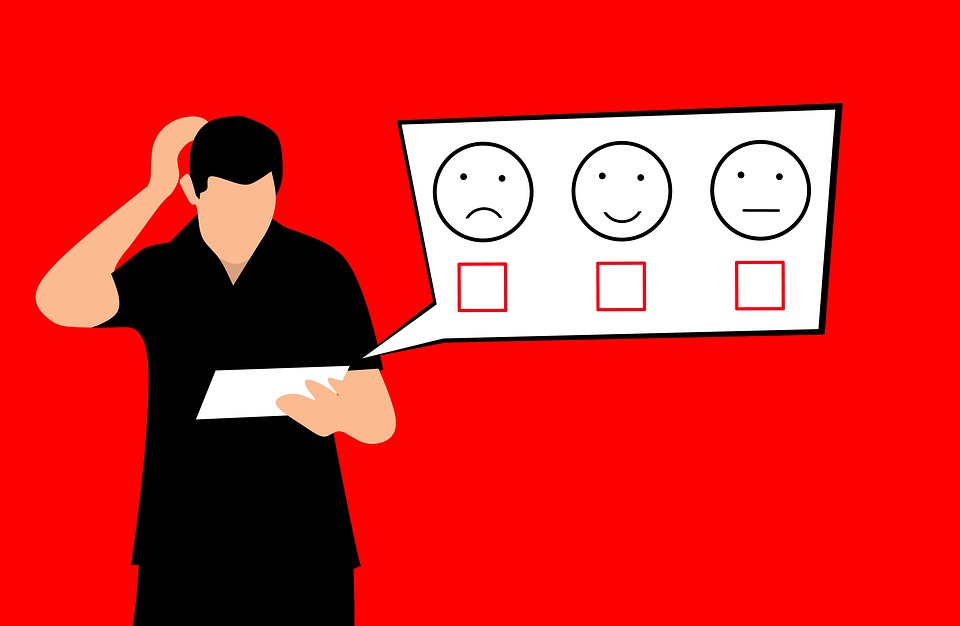Table of Contents
What is Online Reputation Management?
Statistics show that about 90% of people do a search online to buy a product or choose a brand. That’s why a company’s or brand’s online reputation is very important. How to improve and complement your online reputation requires constant monitoring.
Below are the 3 ways to manage your online reputation.
Manage related search terms
The beginning of online reputation management is ‘related to search terms. Related search terms are the search results located at the top of the portal search. This is the part that serves as a reference point for how much attention should be paid and how to take countermeasures.
First, you need to search using several keywords related to the company. Related search terms are good items that can appeal to the company’s characteristics, characteristics, and main products, so I think it is the first step for a company’s online reputation management.
Using Google’s Alert Function ‘Google Reminder’
When new content related to a company is uploaded to the web, a quick and easy way to check it is to provide it for free by Google and use the Google Alert function Google Alert service.

It is a system that sends information, news, etc. about a new web page or blog post that includes it by e-mail with a simple and easy system. To set up Google Alerts, go to Google Alerts service PG and enter the required words. And choose whether you want to be notified weekly or whenever new content comes out.
You can also filter the search results. A service that allows you to obtain information that you might otherwise have missed. You can also prevent other companies from discrediting your company or using your company’s image without permission.
Managing your reputation using social media
Social networking services such as Twitter and Facebook have a huge impact on a company or brand. Users know this too. For this reason, many people today, when they are dissatisfied with a particular company, spread it by tweeting or mentioning it on Facebook rather than calling the customer center of that company. And when those posts pile up, knowing How to bulk delete unwanted tweets or updates can be a valuable skill for managing your online presence.

You should use social media to comment on these customer complaints to make it easier to respond. Also, stereotypes and static phrases should not be used. Conversations posted online remain permanent. With this in mind, if you have made a mistake, even if it is small, you should apologize.
Because this kindness can turn negative thoughts into positive ones. We mentioned 3 specific methods for managing your company’s online reputation. If you want a company’s image and high recognition, we recommend that you continuously manage your company’s online reputation through various methods.
What is reputational risk and how does it affect the organization?
Corporate reputation (reputation) is the brand value that a company has built up calmly and is directly related to the pursuit of economic profit. Today’s corporate reputation is the result of an impression or image of a company that is formed through shared social awareness. Therefore, corporate reputation refers to a strategic asset that can derive tangible profits, price premiums for products, high loyalty from employees, and mitigation of shocks from crises. At the same time, corporate reputation is also regarded as an intangible asset with the potential to create value. On the other hand, from a sociological point of view that pays attention to reputation measurement and the way reputation is developed, corporate reputation refers to the subjective and collective evaluation of trust and credibility of a company. At this time, reputation is the basis for a company to produce, distribute, and sell good products, and a significant part of corporate activity is regulated by outsiders. Therefore, the reputation of a good company positively affects various stakeholders (managers, workers, consumers, shareholders, etc.) and contributes to the increase of corporate value. risk of tangible and intangible financial loss. Here, the latter situation becomes a reputational risk.
Reputational risk can be divided into two broad categories. The first concerns health and safety hazards. This is the case of the Oxy humidifier disinfectant damage case that angered our society last year. A company that faces a reputational risk of being the main culprit in a tragic catastrophe such as death or an environmental disaster has to take a huge amount of damage that can even lead to the dissolution of the company. The second concerns scandals of fraud, corruption or various forms of financial crime. In the 2000s, Anron and WorldCom were embroiled in the worst accounting fraud in the United States, which involved Arthur Anderson, a big five accounting firm. The fall of Arthur Anderson, who actively helped with accounting manipulation, is the second case. In both situations of reputational risk, additional risks arise from criminal liability and sanctions.
In conclusion, a series of negative events that occur in a company, such as fire, explosion, the release of poison, and acts of power by the company owner, is much more harmful to the company’s profits, damage the company’s brand, and lower the will of workers to work. It causes a local backlash against new investment and distracts management.
What are the concrete measures to reduce or eliminate reputational risk?
Deloitte, a multinational consulting firm, has announced that reputational risk is the highest risk area in corporate strategy. Reputational risk management in high-risk groups starts with the accurate recognition of types and causes. With the recent availability of big data, it is possible to efficiently manage the positive and negative images of a company’s name and brand. In addition, by conducting periodic surveys on the reputation index for stakeholders, the reality of reputational risk can be well understood and reduced. Finally, if a monitoring group is formed to hold regular meetings and communicate more detailed risk identification is possible and the density of reputational risk management can be increased.
The way for a company to build a reputation as a good company by developing a kind of immunity to reputational risk is to recognize its social responsibility (CSR). As a CSR program that can be said to be the final destination for reputational risk management, the following activities can be considered. First, companies must establish a culture that respects labor rights and strives to improve the production activities of weak subcontractors through a fair program to improve the relationship between subcontractors and subcontractors. Such ethical management can serve as a stepping stone for improving human rights (strengthening social rights) and contributing to the development of local communities while reducing the risk of being abandoned by the market. In addition, good corporate welfare and the provision of high-quality vocational re-education programs will be important factors for a good reputation. Furthermore, a proactive response to energy and climate change can contribute to reducing risks related to corporate production and product consumption and enhancing social reputation. Lastly, the transparency of the CSR report, which is regularly published by establishing an internal evaluation management system to periodically diagnose the company’s reputation level and prevent risk management, will greatly contribute to the company’s sustainability in the future.

